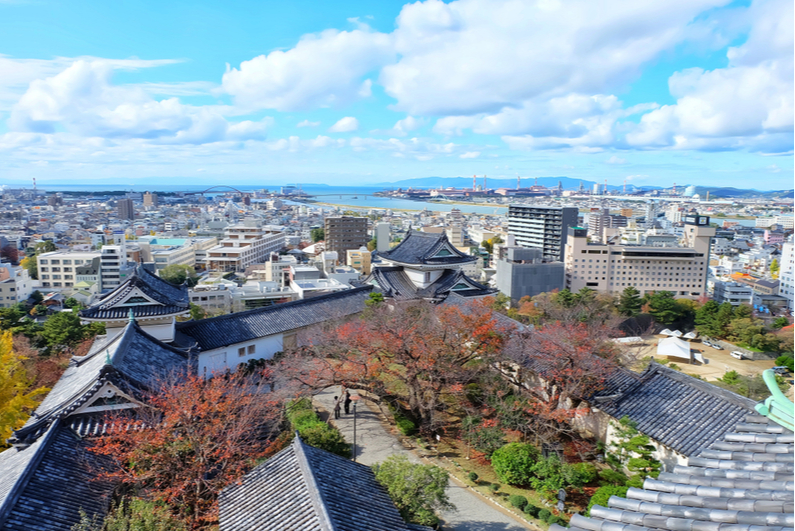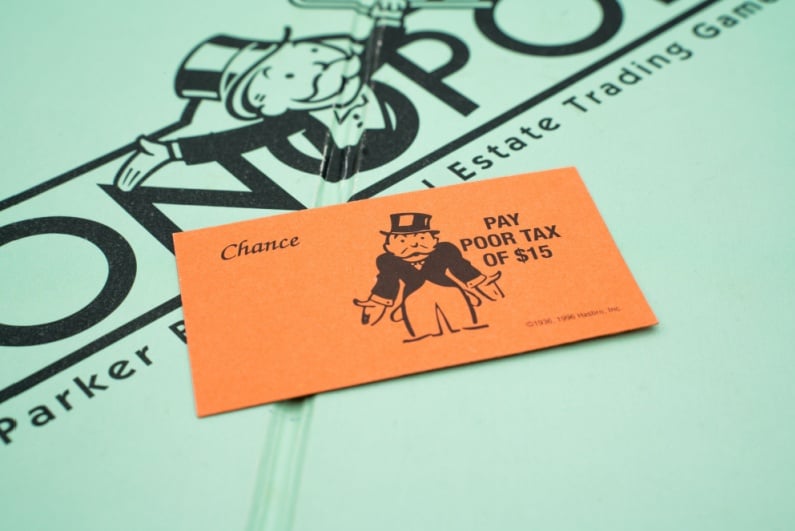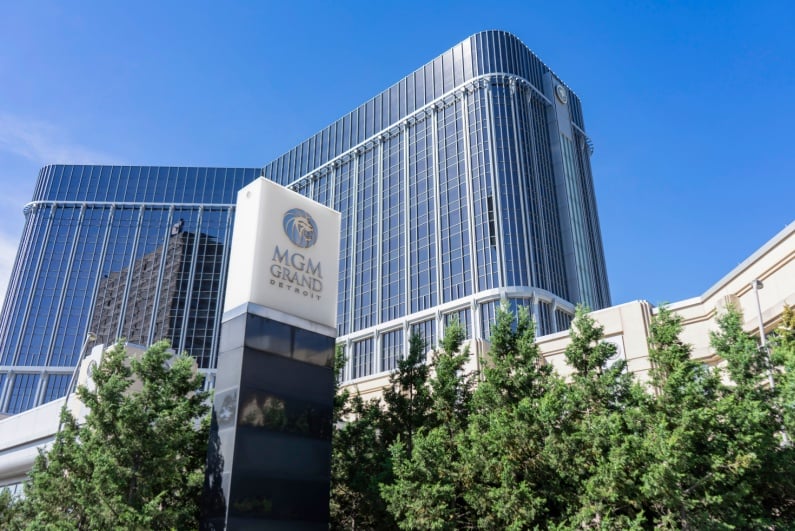Collecting signatures
A little over one month since Yokohama walked away from its integrated resort (IR) bid, the tide could also be turning on the equivalent project in Wakayama. Residents of the prefecture in Japan’s Kansai region are collecting signatures for a referendum on plans for an IR in Marina City.
Tokyo-based news platform Akihabara News took to Twitter last week to confirm that the citizens’ group is campaigning for a referendum on the IR:
“I want us to engage in serious discussions, not just leave big issues like this one to the governor, the mayor, and other politicians,” Akihabara quoted citizen volunteer Kaya Ikeda as saying.
The Wakayama residents have deemed the IR a major issue for the city’s citizens, and argue that they should have a say on whether or not the casino project goes ahead. Over 6,200 signatures will allow them to request the mayor to call for a referendum. The group is aiming for 20,000 signatures by December 5.
According to press reports, the residents have already gathered 3,000 signatures.
Last chance to stop the IR
According to Akihabara News, petitioning for a referendum is “essentially the final chance for direct citizen action” to put a stop to the IR project.
Osaka, Nagasaki, and Wakayama remain in the running for an IR
Last year, a similar citizens’ push in Yokohama collected the requisite number of signatures, only to have the referendum blocked by the city council. Yokohama, nevertheless, withdrew its bid for an IR license in September 2021. Only Osaka, Nagasaki, and Wakayama remain in the running for an IR license, although there’s no guarantee Japan’s government will award all three.
The major difference between Yokohama’s and Wakayama’s referendum push, however, is that the latter’s petitioning drive comes with construction plans for the region’s IR project already underway. Earlier this year, the Wakayama prefecture selected a consortium led by Clairvest Neem Ventures as its partner for constructing and operating the casino.
The prefecture later confirmed Caesars Entertainment as the future operator of the casino. Together, the consortium and prefecture are preparing an area development plan ahead of an April 2022 deadline for submission to the central government.
Shades of Yokohama?
Whether Wakayama residents cobble together enough signatures to initiate a referendum remains to be seen. Yokohama residents collected around 193,000 signatures for their referendum that never went ahead. Instead, the city’s IR hopes effectively ended when citizens elected anti-IR candidate Takeharu Yamanaka as mayor in August.
Wakayama resident groups are well aware of the power they hold. Citizen leader Yasushi Toyoda pointed to Yokohama for comparison, arguing that the drive for signatures increased awareness among residents and “affected the mayoral election.”
Although the date is not yet set in stone, casino backers expect Japan’s IRs to open their doors in the second half of the 2020s.



